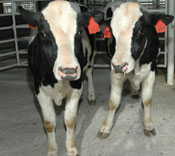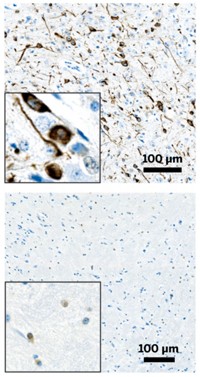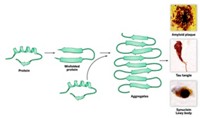Advertisement
Grab your lab coat. Let's get started
Welcome!
Welcome!
Create an account below to get 6 C&EN articles per month, receive newsletters and more - all free.
It seems this is your first time logging in online. Please enter the following information to continue.
As an ACS member you automatically get access to this site. All we need is few more details to create your reading experience.
Not you? Sign in with a different account.
Not you? Sign in with a different account.
ERROR 1
ERROR 1
ERROR 2
ERROR 2
ERROR 2
ERROR 2
ERROR 2
Password and Confirm password must match.
If you have an ACS member number, please enter it here so we can link this account to your membership. (optional)
ERROR 2
ACS values your privacy. By submitting your information, you are gaining access to C&EN and subscribing to our weekly newsletter. We use the information you provide to make your reading experience better, and we will never sell your data to third party members.
Biological Chemistry
Debut Of Prion-Free Cattle
Engineered calves may be immune to mad cow disease
by Bette Hileman
January 8, 2007
| A version of this story appeared in
Volume 85, Issue 2

By genetically engineering a dozen calves to be free from the prion proteins that cause mad cow disease, an international team of scientists may have created animals that are immune to the fatal brain disorder, known as bovine spongiform encephalopathy (BSE) (Nature Biotech., DOI: 10.1038/nbt1271).
Researchers from the pharmaceutical research firm Hematech cultivated a colony of cattle cells in the lab and used a genetic engineering technique to knock out the gene that codes for the production of the prion protein. They then used a cloning technique—fusing the altered cells into the eggs of cows—to produce the calves. Tests later showed that the calves possess no prion proteins. Because BSE is caused by misfolded prion proteins, the calves are probably immune to BSE.
USDA's Agricultural Research Service (ARS) has studied eight of the cloned calves and found no apparent developmental abnormalities. "The cattle were monitored for growth and general health status from birth to 19 months of age. Mean birth weight and daily gain were both within the normal range," says Jürgen A. Richt, veterinarian at USDA's National Animal Disease Center in Ames, Iowa. Further testing will be done over the next three years.
"These cattle can help in the exploration and improved understanding of how prions function and cause disease, especially in relation to BSE," says ARS Administrator Edward B. Knipling. "This is indeed the first research to verify the production of healthy prion-free cattle," says Barbara Glenn, managing director of animal biotechnology at the Biotechnology Industry Organization.
Brain tissue from two of the genetically engineered calves was exposed to misshapen (mad cow) prions in the lab, and the prions did not multiply as they do in normal brain tissue. Infective prions were also injected into the brains of five of the calves, and they are being observed for BSE symptoms. The results will not be known for at least six months, says Hematech President James M. Robl, who is a coauthor of the article.
The primary purpose of the research was to create BSE-immune cattle that could then be used to produce polyclonal antibodies ensured to be free from contamination with misshapen prions. The prion-free cattle could also be used for blood serum and plasma research and might eventually be approved to produce beef cattle free of BSE, Robl says.
This research may also help answer the question of whether normal prion proteins perform any vital functions in cattle. Previous studies suggest prions play a role in the immune system and memory.
Although only three cases of BSE have ever been found in the U.S., the cases have cut the U.S. beef export market in half. Eating BSE-infected beef can cause the neurodegenerative disorder Creutzfeldt-Jakob disease in humans.




Join the conversation
Contact the reporter
Submit a Letter to the Editor for publication
Engage with us on Twitter